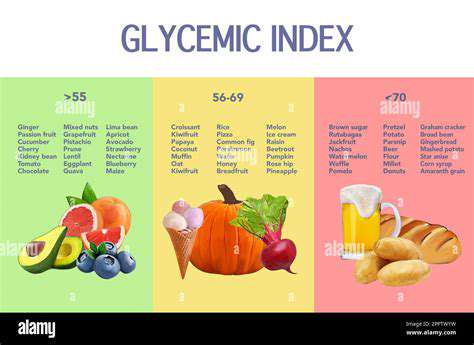Health Tips for Teens Maintaining Mental Health
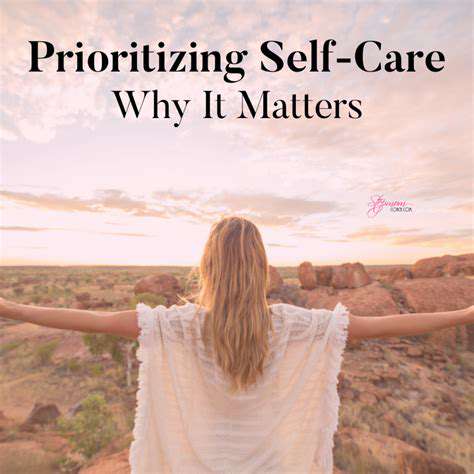
Prioritizing Self-Care: Understanding the Foundation
Self-care isn't about indulgence; it's a fundamental necessity for overall well-being. Taking proactive steps to nurture your physical, mental, and emotional health is crucial for navigating life's challenges effectively. It involves recognizing your needs and actively working towards meeting them, rather than simply reacting to stress and exhaustion.
Understanding your personal needs and triggers is the cornerstone of effective self-care. This involves introspection and self-awareness, acknowledging what truly energizes and replenishes you. This process can be challenging at times, but it's essential for building a sustainable self-care routine.
Recognizing the Signs of Neglect
Often, we neglect our self-care needs without even realizing it. This often manifests in various ways, from chronic fatigue and irritability to difficulty concentrating and increased susceptibility to illness. Identifying these subtle signs is the first step towards proactive self-care.
Recognizing patterns in your daily life can help you identify areas where you might be neglecting your self-care. Are you consistently skipping meals? Are you pushing through deadlines without taking breaks? Pay attention to these patterns and consider how they might be impacting your overall well-being.
Prioritizing Physical Well-being
Physical self-care encompasses a wide range of activities, from maintaining a balanced diet to engaging in regular exercise. A healthy diet provides the necessary fuel for your body and mind, supporting your energy levels and overall function. Regular exercise, whether it's a brisk walk or a challenging workout, releases endorphins, reducing stress and promoting a positive mood.
Nourishing Your Mental Health
Mental wellness is just as vital as physical health. Engaging in activities that stimulate your mind, such as reading, learning a new skill, or pursuing a hobby, can significantly boost your mental well-being. Mindfulness practices, such as meditation or deep breathing exercises, can help calm the mind and reduce anxiety. These practices help you focus on the present moment and reduce the impact of stress.
Cultivating Emotional Resilience
Emotional resilience involves developing healthy coping mechanisms for stress and difficult emotions. Journaling can be a powerful tool for processing emotions and gaining clarity. Seeking support from friends, family, or a therapist can provide valuable perspective and practical strategies for managing challenging emotions. Learning to identify and express your emotions effectively is a crucial component of emotional resilience.
Building a Sustainable Self-Care Routine
Creating a sustainable self-care routine is a journey, not a destination. Start with small, manageable steps and gradually incorporate more activities as you feel comfortable. Consistency is key to reaping the benefits of self-care; even incorporating 15 minutes of mindfulness daily can make a difference. Be patient with yourself and celebrate your progress along the way.
Finding Inspiration and Support
There are many resources available to inspire and support your self-care journey. Books, articles, and online communities can provide valuable insights and practical strategies. Connecting with others who prioritize self-care can foster motivation and accountability, creating a supportive network to encourage your well-being journey. Don't hesitate to seek professional guidance when needed.

Managing Stress Effectively: Techniques for Coping with Challenges
Understanding Stress
Stress is a natural human response to demands and pressures in life. It's a complex physiological and psychological process that can manifest in various ways, from mild anxiety to severe health problems. Understanding the different types of stress, such as acute stress from a sudden event or chronic stress from ongoing pressures, is crucial for developing effective coping mechanisms. Recognizing the triggers that cause stress in your life is the first step in managing it effectively.
Identifying Your Stressors
Pinpointing the specific situations, people, or thoughts that contribute to your stress is essential. Journaling can be a valuable tool. Keeping a record of your daily stressors, noting how you felt, and what you did to manage those feelings can help you identify patterns and develop strategies for future situations. This self-awareness is key to proactively addressing potential stressors before they escalate.
Physical Relaxation Techniques
Physical relaxation techniques, such as deep breathing exercises, progressive muscle relaxation, and yoga, can significantly reduce stress. Practicing these techniques regularly can help calm the nervous system and promote a sense of well-being. Deep breathing, for example, can help slow your heart rate and lower blood pressure, which are physiological responses to stress.
Cognitive Restructuring
Stress is often amplified by negative thought patterns. Cognitive restructuring involves identifying and challenging these negative thoughts, replacing them with more realistic and positive ones. This process can help you reframe stressful situations and develop more adaptive coping mechanisms. By questioning and reframing negative thought patterns, you can create a more positive and balanced outlook.
Mindfulness and Meditation
Mindfulness and meditation practices encourage present-moment awareness, reducing the tendency to dwell on the past or worry about the future. By focusing on the present, individuals can detach from stressful thoughts and emotions. Mindfulness can be practiced through various techniques, including guided meditations, body scans, and simply paying attention to your breath. Regular practice can help cultivate inner peace and resilience.
Seeking Support and Connection
Talking to friends, family, or a therapist about your stress can be incredibly helpful. Sharing your feelings and experiences with trusted individuals can provide emotional support and perspective. Connecting with others who understand what you're going through can foster a sense of community and reduce feelings of isolation. Seeking professional help is a sign of strength, not weakness, and can provide valuable guidance and support in managing stress effectively.
Healthy Lifestyle Choices
Maintaining a healthy lifestyle is crucial for managing stress. This includes getting enough sleep, eating a balanced diet, and engaging in regular physical activity. Exercise releases endorphins, which have mood-boosting effects. A balanced diet provides the necessary nutrients for optimal physical and mental health. Prioritizing sleep is essential for restoring the body and mind, enabling better stress management.
Understanding body language is crucial for effective communication. It's a powerful tool that can reveal a great deal about what someone is thinking or feeling, even if they aren't explicitly stating it. Paying attention to subtle cues, like posture, hand gestures, and facial expressions, can provide valuable insight into a person's emotional state and intentions. This awareness is especially important in professional settings, where nonverbal communication can significantly impact how messages are received.
Fueling Your Body and Mind: The Role of Nutrition and Sleep
Fueling Your Body for Peak Performance
Proper nutrition is crucial for teens, impacting everything from physical growth and development to cognitive function and mood regulation. A balanced diet rich in fruits, vegetables, lean proteins, and whole grains provides the essential vitamins, minerals, and macronutrients needed to support energy levels, athletic performance, and overall well-being. Skipping meals or relying on processed foods can lead to energy crashes, mood swings, and difficulty concentrating, hindering academic success and extracurricular activities.
Focusing on nutrient-dense foods also helps teens build strong bones and muscles, supporting their physical activity and overall health. Choosing healthy snacks between meals is equally important. Fruits, vegetables with hummus, or a handful of nuts can provide sustained energy and prevent unhealthy cravings.
The Power of Protein for Growth and Repair
Protein is essential for building and repairing tissues, crucial for teens experiencing rapid growth spurts. Including lean protein sources in their diet, such as chicken breast, fish, beans, lentils, and tofu, helps support muscle development and overall body composition. Adequate protein intake also plays a vital role in maintaining healthy hair, skin, and nails, which are often affected by nutritional deficiencies or imbalances.
Hydration: The Unsung Hero of Health
Staying properly hydrated is often overlooked, but it's fundamental for optimal physical and cognitive function. Water is vital for transporting nutrients, regulating body temperature, and supporting various bodily processes. Encouraging teens to drink plenty of water throughout the day, especially during physical activity, can prevent dehydration, fatigue, and headaches, leading to improved focus and concentration in school.
Dehydration can also negatively affect mood and energy levels. Teens should be mindful of their fluid intake, particularly if they engage in strenuous physical activity or spend extended periods in hot environments. Sports drinks are not necessary for most teens as water is the best option.
The Importance of Sleep for Cognitive Function
Sufficient sleep is just as vital as a healthy diet for teens. Adequate rest allows the body and mind to recover, supporting cognitive function, memory consolidation, and emotional regulation. During sleep, the brain processes information learned throughout the day, strengthening neural connections and promoting learning and memory retention. This is especially important for teenagers who are navigating the academic demands of high school.
Managing Stress and Maintaining Balance
The pressures of school, social life, and extracurricular activities can significantly impact a teen's overall well-being. Developing healthy coping mechanisms for stress is essential for maintaining a balanced lifestyle. Encouraging activities like exercise, mindfulness, and spending time in nature can help teens manage stress effectively, leading to improved mental health and emotional well-being. Adequate sleep and nutrition further contribute to a balanced approach to managing stress.
The Connection Between Nutrition, Sleep, and Mood
The relationship between nutrition, sleep, and mood is deeply intertwined. A healthy diet rich in essential nutrients and adequate sleep can significantly improve mood and reduce the risk of mood swings. Conversely, poor dietary choices and lack of sleep can contribute to irritability, anxiety, and even depression. Teens should be encouraged to prioritize both nutrition and sleep for optimal emotional well-being and to navigate the challenges of adolescence with resilience.
Read more about Health Tips for Teens Maintaining Mental Health
Hot Recommendations
-
*Guide to Managing Gout Through Diet
-
*Best Habits for Financial Well being
-
*How to Build a Routine for Better Mental Health
-
*How to Eat Healthy on a Budget [Tips & Meal Ideas]
-
*Guide to Practicing Self Acceptance
-
*How to Incorporate More Movement Into Your Day
-
*Guide to Managing Chronic Pain Naturally
-
*Guide to Building a Reading Habit for Well being
-
*Top 5 Weight Loss Supplements That Actually Work
-
*Best Exercises for Postpartum Recovery [Beyond Abdominal Work]
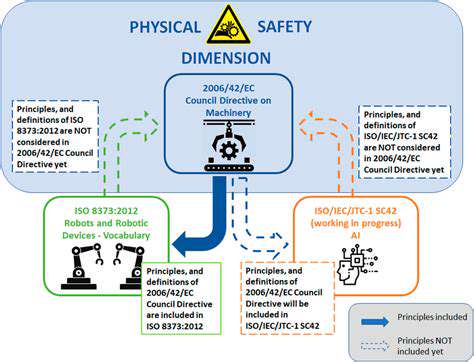


![Best Food Sources for Iron [Vegetarian and Non Vegetarian]](/static/images/26/2025-05/BeyondFood3ALifestyleConsiderations.jpg)
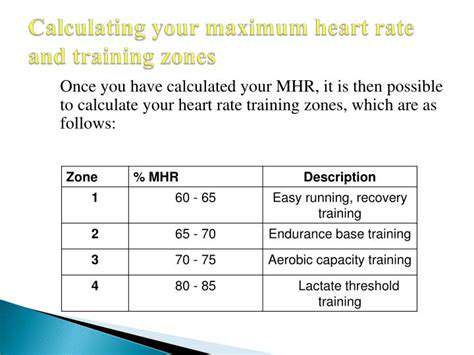
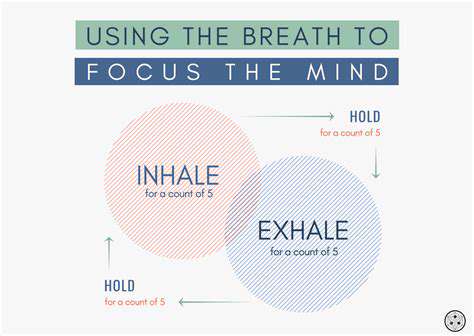
![Guide to Heart Health for Women [Unique Risks & Prevention]](/static/images/26/2025-05/BeyondtheBasics3AAddressingSpecificConcerns.jpg)

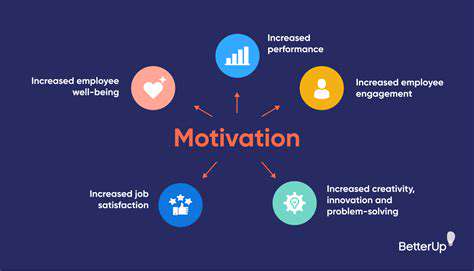
![How to Recover Faster After Workouts [Tips & Techniques]](/static/images/26/2025-07/ListentoYourBody3ARecognizingandAddressingSignsofOvertraining.jpg)
